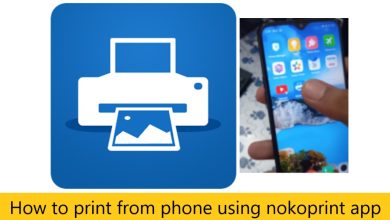what is ecommerce? drt10

In today’s digital age, ecommerce has emerged as a dominant force, reshaping the way businesses operate and consumers shop. The advent of the internet has paved the way for this revolutionary concept, enabling transactions, exchanges, and interactions to occur online. In this essay, we will delve into the world of ecommerce, exploring its definition, significance, and impact on various aspects of our lives.
1. What is Ecommerce?
Ecommerce, short for electronic commerce, refers to the buying and selling of goods and services over the internet. It encompasses a wide range of activities, from online retail stores to digital marketplaces, business-to-business transactions, and even online auctions. The essence of ecommerce lies in the ability to conduct business electronically, eliminating the need for physical presence and traditional brick-and-mortar stores.
2. Types of Ecommerce
a. Business-to-Consumer (B2C): B2C ecommerce involves transactions between businesses and individual consumers. It is the most common type and includes online retail stores like Amazon, eBay, and Walmart, where consumers can purchase products directly from sellers.
b. Business-to-Business (B2B): B2B ecommerce focuses on transactions between businesses. It enables companies to procure supplies, services, and raw materials from other businesses through online platforms, such as Alibaba or ThomasNet.
c. Consumer-to-Consumer (C2C): C2C ecommerce facilitates transactions between individual consumers. It empowers people to sell products directly to other consumers, often through online classifieds, auction sites like eBay, or peer-to-peer marketplaces like Airbnb.
d. Consumer-to-Business (C2B): C2B ecommerce allows consumers to offer products or services to businesses. Examples include freelance platforms like Upwork, where individuals can provide their skills and expertise to companies in need.
3. Advantages of Ecommerce
a. Global Reach: Ecommerce transcends geographical boundaries, providing businesses with a global market reach. Companies can expand their customer base and sell products or services worldwide, leading to increased sales and revenue potential.
b. Convenience and Accessibility: Online shopping offers unparalleled convenience and accessibility. Consumers can browse and purchase products 24/7, from the comfort of their homes or on the go, eliminating the need for physical store visits.
c. Cost Efficiency: Ecommerce reduces overhead costs associated with maintaining physical stores, such as rent, utilities, and staffing. This enables businesses to offer competitive prices to consumers while maintaining healthy profit margins.
d. Data-Driven Insights: Ecommerce platforms generate vast amounts of data, which businesses can leverage to gain valuable insights into consumer behavior, preferences, and market trends. This data-driven approach allows for targeted marketing, personalized experiences, and improved decision-making.
4. Challenges and Future Trends
a. Security and Privacy: With the rise of ecommerce, concerns about online security and privacy have become significant. Businesses must invest in robust cybersecurity measures and ensure the protection of customer data to maintain trust and credibility.
b. Mobile Commerce (mCommerce): The proliferation of smartphones has given rise to mCommerce, where consumers make purchases using mobile devices. As mobile usage continues to grow, businesses must optimize their ecommerce platforms for mobile devices and provide seamless user experiences.
c. Artificial Intelligence (AI) and Personalization: AI technologies, such as machine learning and natural language processing, are revolutionizing ecommerce by enabling personalized recommendations, chatbots for customer support, and efficient inventory management.
d. Augmented Reality (AR) and Virtual Reality (VR): AR and VR technologies hold immense potential for ecommerce. Virtual showrooms and augmented product experiences allow customers to visualize and interact with products before making a purchase, enhancing the online shopping experience.







